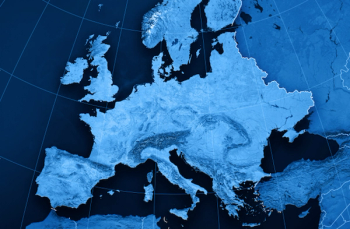
Optimized hemophilia care requires rapid, accurate, and high-quality genetic testing, but access to these tests varies across the European Union, according to a recent study.


Optimized hemophilia care requires rapid, accurate, and high-quality genetic testing, but access to these tests varies across the European Union, according to a recent study.
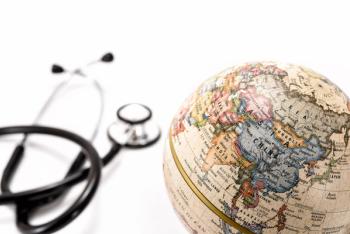
A recent review poses gene therapy as a novel treatment option with potential to reduce health care disparities globally.

The HHS announced an increase in individuals seeking coverage from Healthcare.gov; monkeypox will receive a name change to destigmatize the virus; a gene therapy for hemophilia was approved and is now the most expensive in the world.
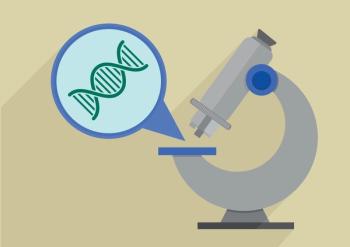
The hesitation to prescribe nonsteroidal anti-inflammatory drugs (NSAIDs) to patients with hemophilia is not supported by current research, based on a recently published review, but the available studies had significant limitations.
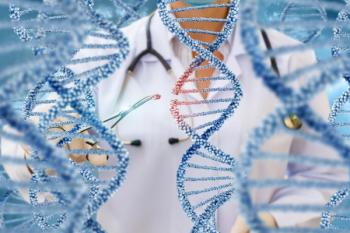
Gene therapy is a novel approach to hemophilia A treatment that carries a substantial cost up front but may lead to cost savings compared with current prophylaxis agents in the long run.

This rare immune-related adverse event has only been previously reported 4 times in the context of immune checkpoint inhibitor (ICI) treatment.
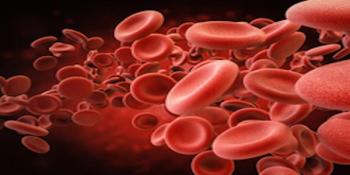
A study of women and girls from families with hemophilia in Thailand assessed the emotional impact of a carrier diagnosis and emphasized the value of comprehensive management.
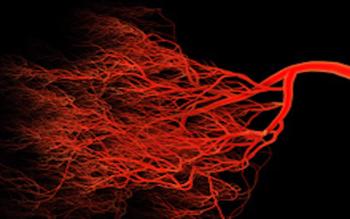
Untreated bleeds often go undocumented during clinical trials, but reporting these bleeding events could provide additional insight into therapy efficacy.

A recent study suggests that including a pharmacist in the hemophilia comprehensive care model may improve bleeding outcomes and medication access and adherence, and lead to cost savings.
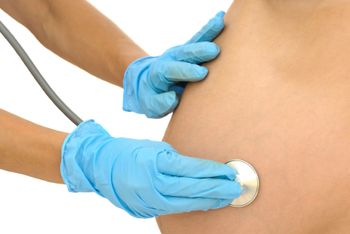
A recent review details strategies for mitigating the risks faced by pregnant patients with hemophilia or von Willebrand disease and their children.
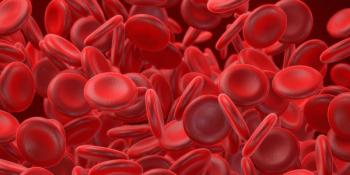
Morbidity and mortality remain high for patients with acquired hemophilia A, and advances in immunotherapy and hemostatic therapy are needed to improve outcomes.

The study pooled data from 4 clinical trials to gain insight into surgical outcomes in this complex population.

Despite $2.5 million placeholder price tags, the Institute for Clinical and Economic Review draft evidence report considers gene therapy cost-effective versus comparators in both hemophilia A and B.

More than 3 million Americans have inherited bleeding disorders, and social determinants of health (SDOH) play a role in a number of ways, including cost for treatment, difficulty accessing specialists, educational barriers, and more.
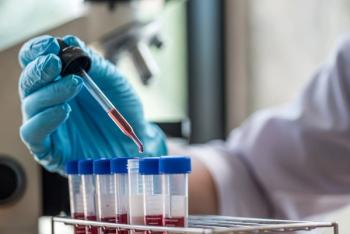
The case emphasizes the importance for clinician awareness of the potential for rare immune-mediated disorders, including acquired hemophilia A (AHA), following allogeneic hematopoietic stem cell transplantation (HSCT).
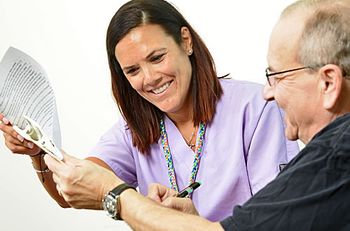
Nurse-led education is an essential aspect of care for patients with bleeding disorders, but there is currently a lack of research on specific strategies to improve patient self-management through education.

Gene therapies in the pipeline to treat hemophilia will be very expensive, but they also seem to be very efficacious, and multiple could hit the market between now and 2024, said Ray Tancredi, RPh, MBA, CSP, divisional vice president, specialty pharmacy development and brand Rx/vaccine purchasing, Walgreens.

The phase 3 trial of valoctocogene roxaparvovec for severe hemophilia A showed it reduced bleeding events as well as the use of factor VIII concentrates.

The company, uniQure, said it is the largest group of patients with hemophilia B to receive a single gene therapy investigational product so far.

Up until now, it was thought most patients with hemophilia A developed inhibitors in middle-age. A new study suggests it usually happens in the early teens.
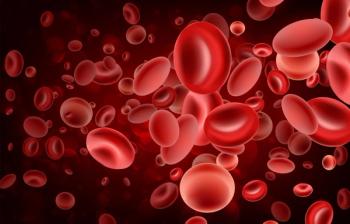
Hemophilia care principles have been on the rise in Europe over the course of the last decade, however, differing regions and policies on the continent reveal gaps in access to various treatments and specialty services.
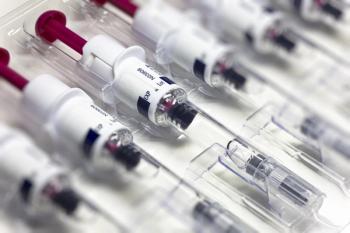
The meta-analysis showed that more than 1,125,000 men around the world have the inherited bleeding disorder; 418,000 of those have a severe version of the mostly undiagnosed disease. Previously, only 400,000 people globally were estimated to have hemophilia.

259 Prospect Plains Rd, Bldg H
Cranbury, NJ 08512
© 2025 MJH Life Sciences®
All rights reserved.
